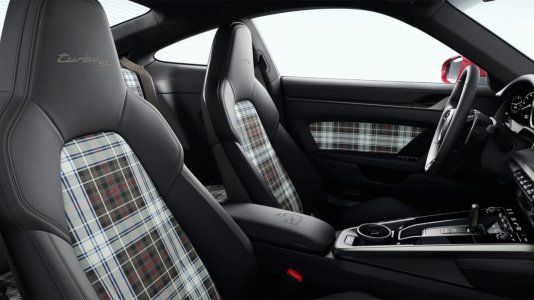Im not saying this is bull **** - because Im a nice guy - but it is close.
The nuclear reactor lobby are still trying to tell people how green nuclear power is.
But if you include the ressources and money needed to store the nuclear waste then - even if thorium reactors is ever build - then the economics and impact on the environment for the next 500 - 1000 years(!!) makes REAL green energy sources much more attractive both in the short and long run.
Here is a link to some rather fair calculation of the REAL costs of nuclear power:
http://www.grisanik.com/blog/real-cost-of-nuclear-energy/
CatsAreTheWorstDogs: My own country Denmark covered 43.4% of its the total electricity consumption in 2017 with wind power. In 2020 it will be 50%. And estimated 84% in 2035.
So no reason to talk about fake green energy anymore
Ok first, that guy in the link is calculating costs based on CURRENT technology for a problem 240 years in the future? Now that's a stretch if i ever saw one.. So maybe you should rethink exactly what is "bull..." here. I would be much more of the general interest to indeed develop solutions for the challenges of nuclear energy and the expenses related with it's logistics, than many of the other utopian solutions promised for years as the "next big thing".
As for your wind power in your country, that is cute









